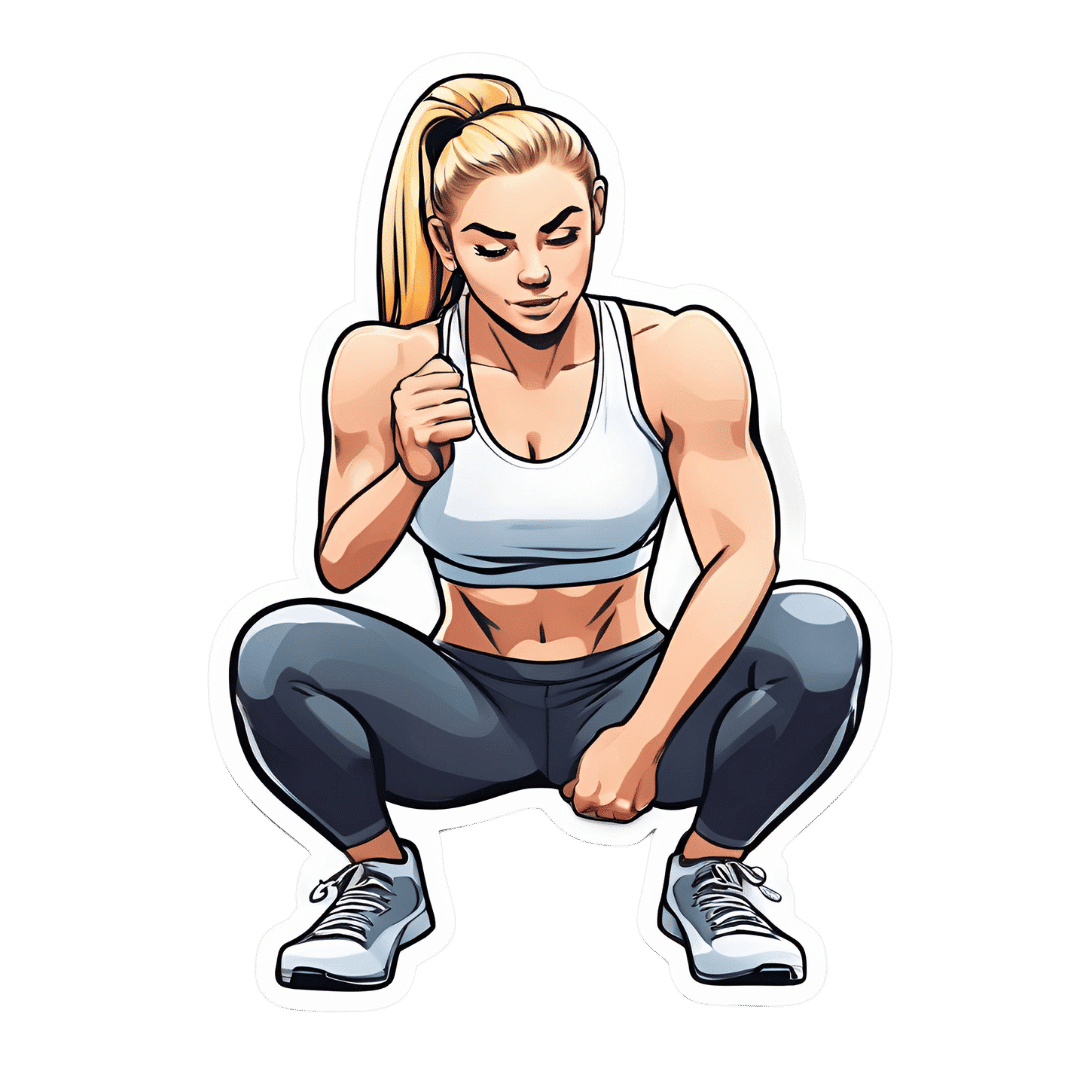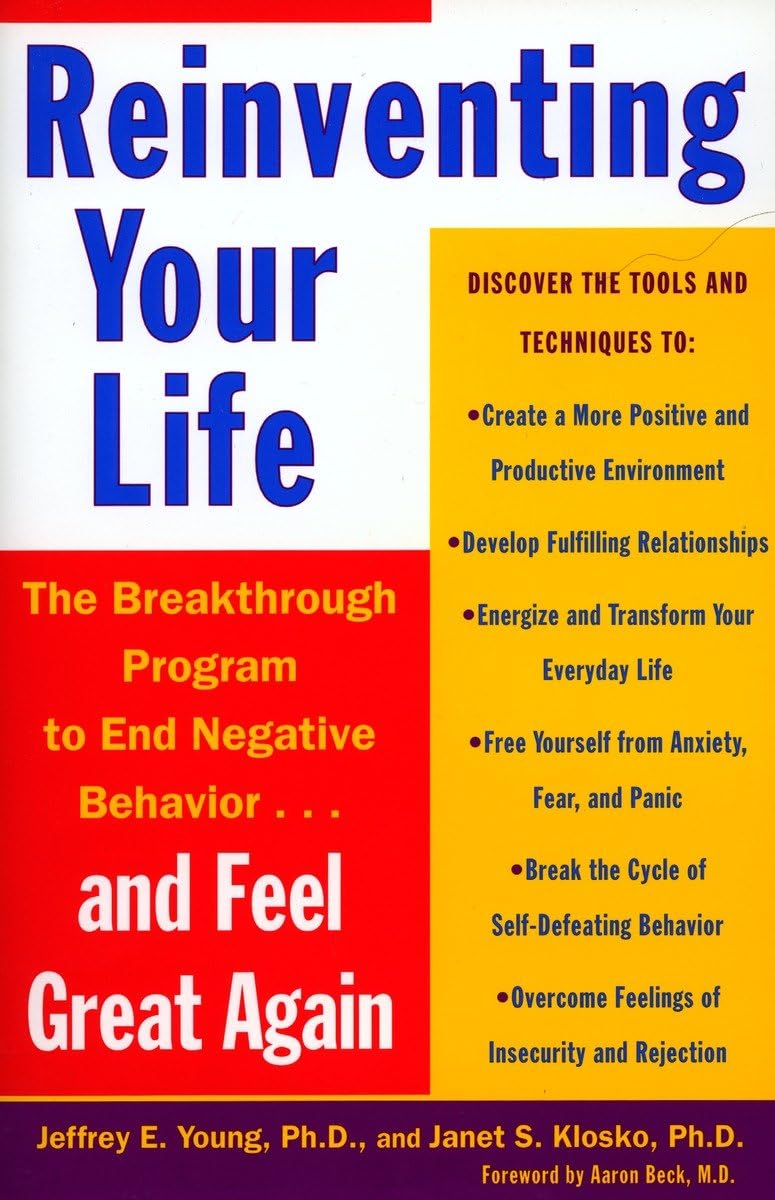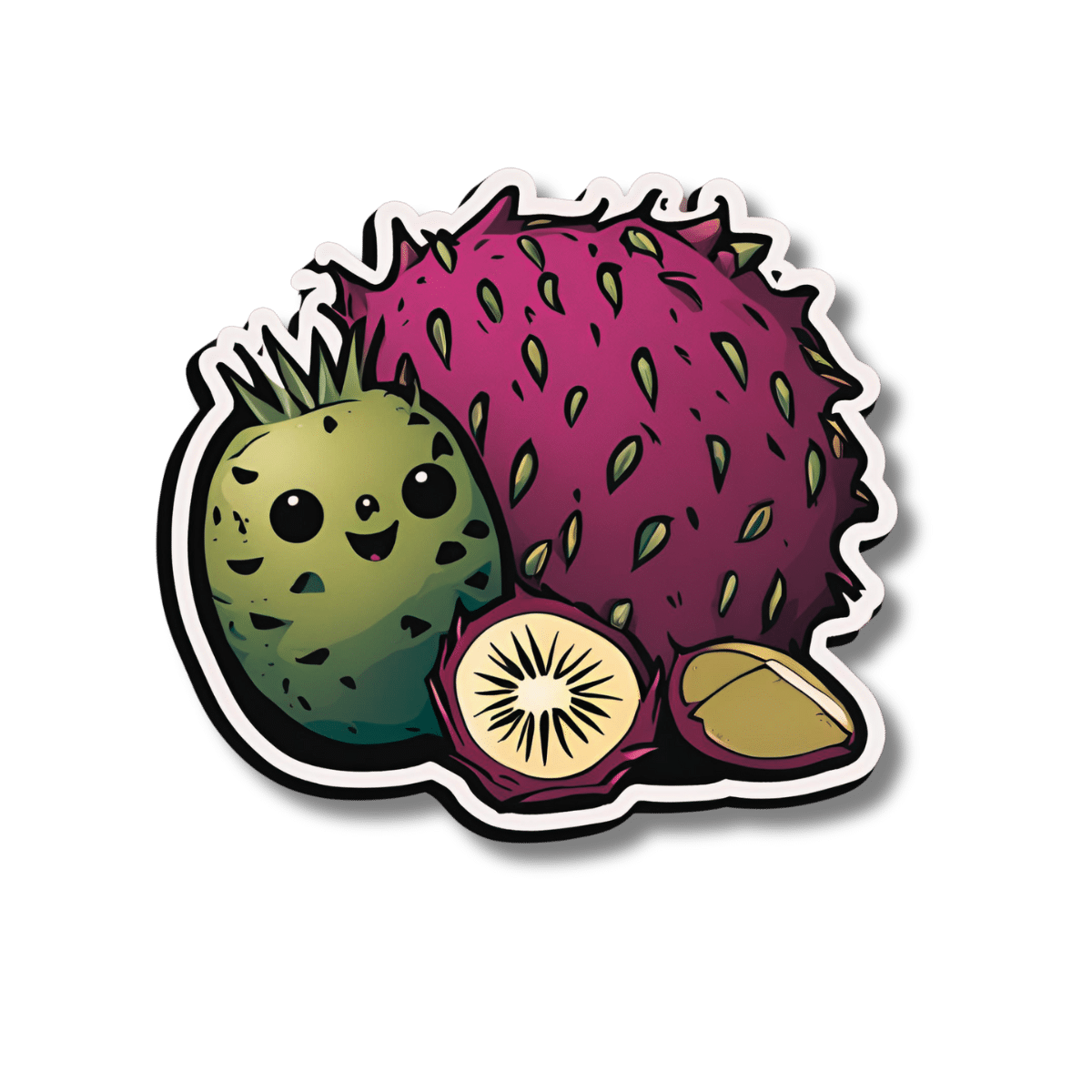
The Evidence-Based Skincare That Beats Product-Specific Hype
10almonds is reader-supported. We may, at no cost to you, receive a portion of sales if you purchase a product through a link in this article.
A million videos on YouTube will try to sell you a 17-step skincare routine, or a 1-ingredient magical fix that’s messy and inconvenient enough you’ll do it once and then discard it. This one takes a simple, scientific approach instead.
The Basics That Count
Ali Abdaal, known for his productivity hacks channel, enlisted the help of his friend, dermatologist Dr. Usama Syed, who recommends the following 3–4 things:
- Moisturize twice per day. Skin acts as a barrier, locking in moisture and protecting against irritants. Moisturizers replenish fats and proteins, maintaining this barrier and preventing dry, inflamed, and itchy skin. He uses CeraVe, but if you have one you know works well with your skin, stick with that, because skin comes in many varieties and yours might not be like his.
- Use sunscreen every day. Your phone’s weather app should comment on your local UV index. If it’s “moderate” or above, then sunscreen is a must—even if you aren’t someone who burns easily at all, the critical thing here is avoiding UV radiation causing DNA mutations in skin cells, leading to wrinkles, dark spots, and potentially skin cancer. Use a broad-spectrum sunscreen, ideally SPF 50.
- Use a retinoid. Retinoids are vitamin A-based and offer anti-aging benefits by promoting collagen growth, reducing pigmentation, and accelerating skin cell regeneration. Retinols are weaker, over-the-counter options, while stronger retinoids may require a prescription. Start gently with low dosage, whatever you choose, as initially they can cause dryness or sensitivity, before making everything better. He recommends adapalene as a starter retinoid (such as Differen gel, to give an example brand name).
- Optional: use a cleanser. Cleansers remove oils and dirt that water alone can’t. He recommends using a hydrating cleanser, to avoid stripping natural healthy oils as well as unwanted ones. That said, a cleanser is probably only beneficial if your skin tends towards the oily end of the dry-to-oily spectrum.
For more on all of these, plus an example routine, enjoy:
Click Here If The Embedded Video Doesn’t Load Automatically!
Want to learn more?
You might also like to read:
Take care!
Don’t Forget…
Did you arrive here from our newsletter? Don’t forget to return to the email to continue learning!
Recommended
Learn to Age Gracefully
Join the 98k+ American women taking control of their health & aging with our 100% free (and fun!) daily emails:
-
The Most Anti Aging Exercise
10almonds is reader-supported. We may, at no cost to you, receive a portion of sales if you purchase a product through a link in this article.
We’ve referenced this (excellent) video before, but never actually put it under the spotlight in one of these features, so here we go!
Deep squats
It’s about deep squats, also called Slav squats, Asian squats, sitting squats, resting squats, or various other names. However, fear not; you don’t need to be Slavic or Asian to do it; you just need to practice.
As for why this is called “anti-aging”, by the way, it’s because being able to get up off the ground is one of the main tests of age-related mobility decline, and if you can deep-squat comfortably, then you can do that easily. And so long as you continue being able to deep-squat comfortably, you’ll continue to be able to get up off the ground easily too, because you have the strength in the right muscles, as well as the suppleness, comfort with range of motion, and balance (those stabilizing muscles are used constantly in a deep squat, whereas Western lifestyle sitting leaves those muscles very neglected and thus atrophied).
Epidemiological note: chairs, couches, and assorted modern conveniences reduce the need for squatting in daily life, leading to stiffness in joints, muscles, tendons, and ligaments. Many adults in developed countries struggle with deep squats due to lack of use, not aging. Which is a problem, because a lack of full range of motion in joints causes wear and tear, leading to chronic pain and degenerative joint diseases. People in countries where squatting is a common resting position have lower incidences of osteoarthritis, for example—contrary to what some might expect, squatting does not harm joints but rather protects them from arthritis and knee pain. Strengthening leg muscles through squatting can alleviate knee pain, whereas knee pain is often worsened by inactivity.
Notwithstanding the thumbnail, which is showing an interim position, one’s feet should be flat on the ground, by the way, and one’s butt should be nearby, just a few inches off the ground (in other words, the position that we see her in for most of this video).
Troubleshooting: if you’re accustomed to sitting in chairs a lot, then this may be uncomfortable at first. Zuzka advises us to go gently, and/but gradually increase our range of motion and (equally importantly) duration in the resting position.
You can use a wall or doorway to partially support you, at first, if you struggle with mobility or balance. Just try to gradually use it less, until you’re comfortable deep-squatting with no support.
Since this is not an intrinsically very exciting exercise, once you build up the duration for which you’re comfortable deep-squatting, it can be good to get in the habit of “sitting” this way (i.e. deep squatting, still butt-off-the-floor, but doing the job of sitting) while doing other things such as working (if you have an appropriate work set-up for that*), reading, or watching TV.
*this is probably easiest with a laptop placed on an object/surface of appropriate height, such as a coffee table or such. As a bonus, having your hands in front of you while working will also bring your center of gravity forwards a bit, making the position easier and more comfortable to maintain. This writer (hi, it’s me) prefers her standing desk for work in general, with a nice ergonomic keyboard and all that, but if using a laptop from time to time, then squatting is a very good option.
In terms of working up duration, if you can only manage seconds to start with, that’s fine. Just do a few more seconds each time, until it’s 30, 60, 120, and so on until it’s 5 minutes, 10, 15, and so on.
You can even start that habit-forming while you’re still in the “seconds at a time” stage! You can deep-squat just for some seconds while you:
- pick up something from the floor
- check on something in the oven
- get something out of the bottom of the fridge
…etc!
For more on all this, plus many visual demonstrations including interim exercises to get you there if it’s difficult for you at first, enjoy:
Click Here If The Embedded Video Doesn’t Load Automatically!
Want to learn more?
You might also like to read:
Mobility For Now & For Later: Train For The Marathon That Is Your Life!
Take care!
Share This Post
-
Reinventing Your Life – by Dr. Jeffrey Young & Dr. Janet Klosko
10almonds is reader-supported. We may, at no cost to you, receive a portion of sales if you purchase a product through a link in this article.
This book is quite unlike any other broadly-CBT-focused books we’ve reviewed before. How so, you may wonder?
Rather than focusing on automatic negative thoughts and cognitive distortions with a small-lens focus on an immediate problem, this one zooms out rather and tackles the cause rather than the symptom.
The authors outline eleven “lifetraps” that we can get stuck in:
- Abandonment
- Mistrust & abuse
- Vulnerability
- Dependence
- Emptional deprivation
- Social exclusion
- Defectiveness
- Failure
- Subjugation
- Unrelenting standards
- Entitlement
They then borrow from other areas of psychology, to examine where these things came from, and how they can be addressed, such that we can escape from them.
The style of the book is very reader-friendly pop-psychology, with illustrative (and perhaps apocryphal, but no less useful for it if so) case studies.
The authors then go on to give step-by-step instructions for dealing with each of the 11 lifetraps, per 6 unmet needs we probably had that got us into them, and per 3 likely ways we tried to cope with this using maladaptive coping mechanisms that got us into the lifetrap(s) we ended up in.
Bottom line: if you feel there’s something in your life that’s difficult to escape from (we cannot outrun ourselves, after all, and bring our problems with us), this book could well contain the key that you need to get out of that cycle.
Click here to check out “Reinventing Your Life” and break free from any lifetrap(s) of your own!
Share This Post
-
The 3 Phases Of Fat Loss (& How To Do It Right!)
10almonds is reader-supported. We may, at no cost to you, receive a portion of sales if you purchase a product through a link in this article.
Cori Lefkowith, of “Redefining Strength” and “Strength At Any Age” fame, has advice:
As easy as 1, 2, 3?
Any kind of fat loss plan will not work unless it takes into account that the body can and will adapt to a caloric deficit, meaning that constantly running a deficit will only ever yield short term results, followed by regaining weight (and feeling hungry the whole time). So, instead, if fat loss is your goal, you might want to consider doing it in these stages:
1. Lifestyle adjustments (main phase)
Focus on sustainable, gradual improvements in diet and workouts.
- Key strategies:
- Start with small, manageable changes, for example focusing on making your protein intake around 30–35% of your total calories.
- Track your current habits to identify realistic adjustments.
- Balance strength training and cardio, as maintaining your muscle is (and will remain) important.
- Signs of Progress:
- Slow changes in the numbers on the scale (up to 1 lb/week).
- Inches being lost (but probably not many), improved energy levels, and stable performance in workouts.
Caution: avoid feelings of extreme hunger or restriction. This is not supposed to be arduous.
2. Mini cut (short-term intensive)
Used for quick fat loss or breaking plateaus; lasts 7–14 days.
- Key strategies:
- Larger calorie deficit (e.g: 500 calories).
- High protein intake (40–50% of your total calories).
- Focus on strength training and reduce cardio, to avoid muscle loss.
- Signs of Progress:
- Rapid scale changes (up to 5 lbs/week).
- Reduced bloating, potential energy dips, and cravings.
- Temporary performance stagnation in workouts. Don’t worry about this; it’s expected and fine.
Caution: do not exceed 21 days, to avoid the metabolic adaptation that we talked about.
3. Diet break (rest & reset)
A maintenance period to recharge mentally and physically, typically lasting 7–21 days.
- Key strategies:
- Gradually increase calories (200–500) to maintenance level.
- Focus on performance goals and reintroducing foods you enjoy.
- Combine strength training with steady-state cardio.
- Signs of Progress:
- Increased energy, improved workout performance, and feeling fuller.
- Scale may fluctuate initially but stabilize or decrease by the end.
- Inches will be lost as muscle is built and fat is burned.
The purpose of this third stage is to prevent metabolic adaptation, regain motivation, and (importantly!) test maintenance.
For more on these and how best to implement them, enjoy:
Click Here If The Embedded Video Doesn’t Load Automatically!
Want to learn more?
You might also like to read:
Take care!
Share This Post
- Key strategies:
Related Posts
-
Migraine Mythbusting
10almonds is reader-supported. We may, at no cost to you, receive a portion of sales if you purchase a product through a link in this article.
Migraine: When Headaches Are The Tip Of The Neurological Iceberg
Yesterday, we asked you “What is a migraine?” and got the above-depicted, below-described spread of responses:
- Just under 46% said “a headache, but above a certain level of severity”
- Just under 23% said “a headache, but caused by a neurological disorder”
- Just over 21% said “a neurological disorder that can cause headaches”
- Just under 10% said “a headache, but with an attention-grabbing name”
So… What does the science say?
A migraine is a headache, but above a certain level of severity: True or False?
While that’s usually a very noticeable part of it… That’s only one part of it, and not a required diagnostic criterion. So, in terms of defining what a migraine is, False.
Indeed, migraine may occur without any headache, let alone a severe one, for example: Abdominal Migraine—though this is much less well-researched than the more common with-headache varieties.
Here are the defining characteristics of a migraine, with the handy mnemonic 5-4-3-2-1:
- 5 or more attacks
- 4 hours to 3 days in duration
- 2 or more of the following:
- Unilateral (affects only one side of the head)
- Pulsating
- Moderate or severe pain intensity
- Worsened by or causing avoidance of routine physical activity
- 1 or more of the following:
- Nausea and/or vomiting
- Sensitivity to both light and sound
Source: Cephalalgia | ICHD-II Classification: Parts 1–3: Primary, Secondary and Other
As one of our subscribers wrote:
❝I have chronic migraine, and it is NOT fun. It takes away from my enjoyment of family activities, time with friends, and even enjoying alone time. Anyone who says a migraine is just a bad headache has not had to deal with vertigo, nausea, loss of balance, photophobia, light sensitivity, or a host of other symptoms.❞
Migraine is a neurological disorder: True or False?
True! While the underlying causes aren’t known, what is known is that there are genetic and neurological factors at play.
❝Migraine is a recurrent, disabling neurological disorder. The World Health Organization ranks migraine as the most prevalent, disabling, long-term neurological condition when taking into account years lost due to disability.
Considerable progress has been made in elucidating the pathophysiological mechanisms of migraine, associated genetic factors that may influence susceptibility to the disease❞
Source: JHP | Mechanisms of migraine as a chronic evolutive condition
Migraine is just a headache with a more attention-grabbing name: True or False?
Clearly, False.
As we’ve already covered why above, we’ll just close today with a nod to an old joke amongst people with chronic illnesses in general:
“Are you just saying that because you want attention?”
“Yes… Medical attention!”
Want to learn more?
You can find a lot of resources at…
NIH | National Institute of Neurological Disorders & Stroke | Migraine
and…
The Migraine Trust ← helpfully, this one has a “Calm mode” to tone down the colorscheme of the website!
Particularly useful from the above site are its pages:
Take care!
Don’t Forget…
Did you arrive here from our newsletter? Don’t forget to return to the email to continue learning!
Learn to Age Gracefully
Join the 98k+ American women taking control of their health & aging with our 100% free (and fun!) daily emails:
-
Moore’s Clinically Oriented Anatomy – by Dr. Anne Argur & Dr. Arthur Dalley
10almonds is reader-supported. We may, at no cost to you, receive a portion of sales if you purchase a product through a link in this article.
Imagine, if you will, Grey’s Anatomy but beautifully illustrated in color and formatted in a way that’s easy to read—both in terms of layout and searchability, and also in terms of how this book presents anatomy described in a practical, functional context, with summary boxes for each area, so that the primary concepts don’t get lost in the very many details.
(In contrast, if you have a copy of the famous Grey’s Anatomy, you’ll know it’s full of many pages of nothing but tiny dense text, a large amount of which is Latin, with occasional etchings by way of illustration)
Another way in which this does a lot better than the aforementioned seminal work is that it also describes and discusses very many common variations and abnormalities, both congenital and acquired, so that it’s not just a text of “what a theoretical person looks like inside”, but rather also reflects the diverse reality of the human form (we weren’t made identically in a production line, and so we can vary quite a bit).
The book is, of course, intended for students and practitioners of medicine and related fields, so what good is it to the lay person? Well, if you ask the average person where the gallbladder is and why we have one, they will gesture in the general direction of the abdomen, and sort of shrug sheepishly. You don’t have to be that person 🙂
Bottom line: if you’d like to know your acetabulum from your zygomatic arch, this is the best anatomy book this reviewer has yet seen.
Click here to check out Moore’s Clinically Oriented Anatomy, and prepare to be amazed!
PS: this one is expensive, but consider it a fair investment in your personal education, if you’re serious about it!
Don’t Forget…
Did you arrive here from our newsletter? Don’t forget to return to the email to continue learning!
Learn to Age Gracefully
Join the 98k+ American women taking control of their health & aging with our 100% free (and fun!) daily emails:
-
Top 8 Fruits That Prevent & Kill Cancer
10almonds is reader-supported. We may, at no cost to you, receive a portion of sales if you purchase a product through a link in this article.
Dr. Amy Dee, pharmacist and cancer survivor herself, lays out the best options for anticancer fruits:
The fruits
Without further ado, they are:
- Kiwi: promotes cancer cell death while sparing healthy cells
- Plums & peaches: an interesting choice to list these similar fruits together as one item, but they both also induce cell death in cancer cells while sparing healthy ones
- Dragon fruit: this does the same, while also inhibiting cancer cell growth
- Figs: these have antitumor effects specifically, while removing carcinogens too, and additionally sensitizing cancer cells to light therapy
- Cranberries: disrupt cancer cell adhesion, breaking down tumors, while protecting non-cancerous cells against DNA damage
- Citrus fruits: inhibit tumor growth and kill cancer cells; regular consumption is also associated with a lower cancer risk (be warned though, grapefruit interacts with some medications)
- Cherries: induce cancer cell death; protect healthy cells against DNA damage
- Tomatoes: don’t often make it into lists of fruits, but lycopene reduces cancer risk, and slows the growth of cancer cells (10almonds note: watermelon has more lycopene than tomatoes, and is more traditionally considered a fruit in all respects, so could have taken the spot here).
We would also argue that apricots could have had a spot on the list, both for their lycopene content (comparable to tomatoes) and their botanical (and thus phytochemical) similarities to peaches and plums.
For more information on each of these (she also talks about the different polyphenols and other nutrients that constitute the active compounds delivering these anticancer effects), enjoy:
Click Here If The Embedded Video Doesn’t Load Automatically!
Want to learn more?
You might also like to read:
- Food Choice & Cancer Risk: Eat To Beat Cancer
- Beat Cancer Kitchen: Deliciously Simple Plant-Based Anticancer Recipes (book)
Take care!
Don’t Forget…
Did you arrive here from our newsletter? Don’t forget to return to the email to continue learning!
Learn to Age Gracefully
Join the 98k+ American women taking control of their health & aging with our 100% free (and fun!) daily emails:








